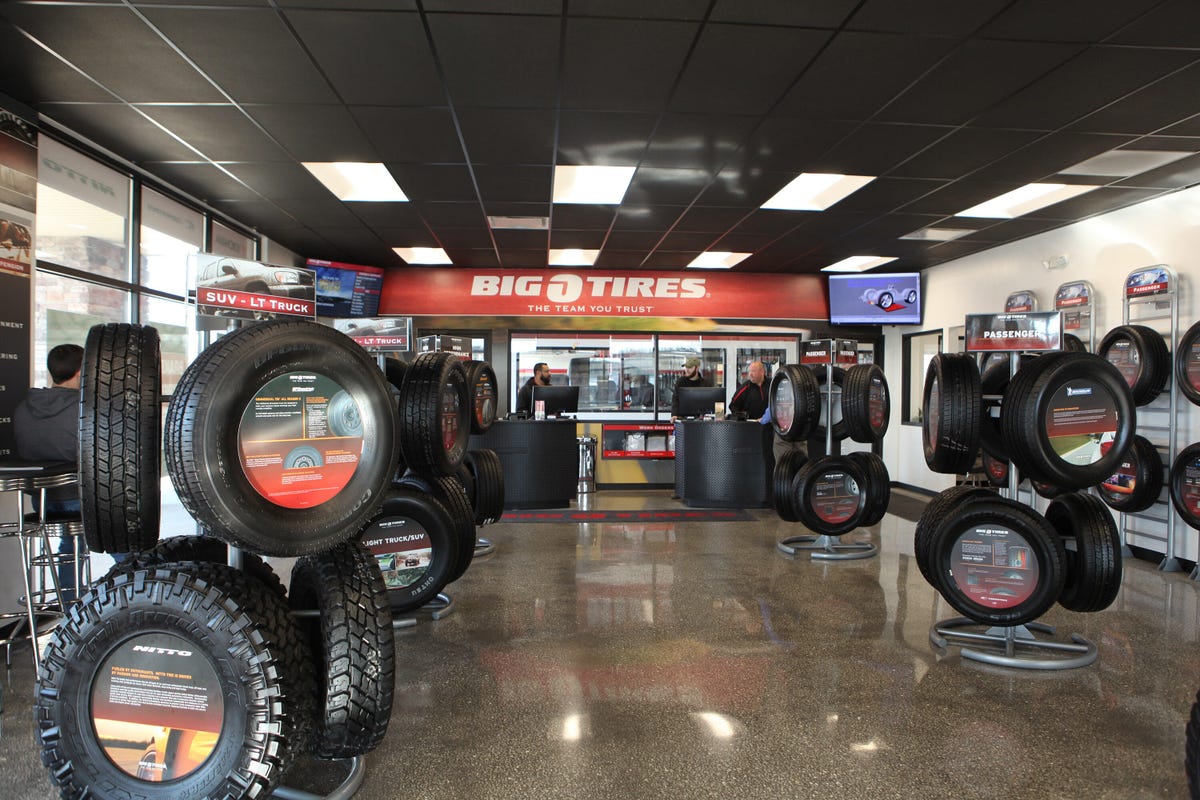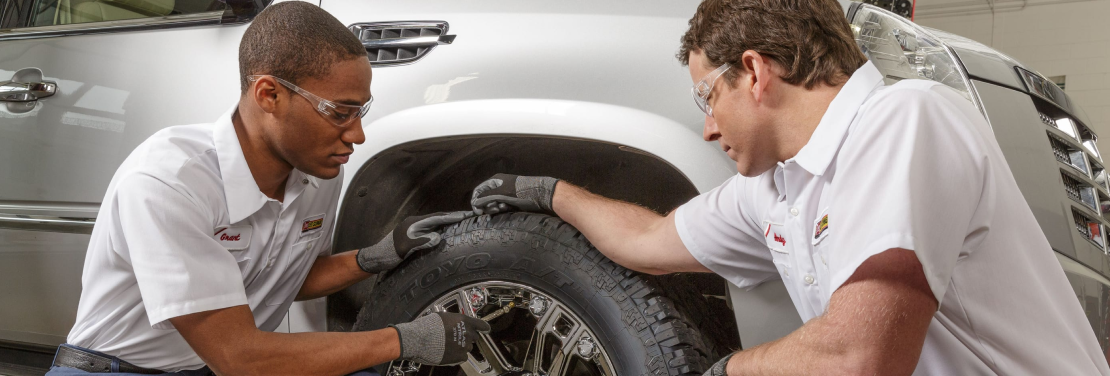Check Out Exclusive Mopar Tire Service Specials in Morris Today
Check Out Exclusive Mopar Tire Service Specials in Morris Today
Blog Article
Tire Service: Understanding Tire Stress Monitoring Solutions
Recognizing Tire Pressure Tracking Solutions (TPMS) is a crucial aspect of maintaining ideal lorry performance and safety on the road. With developments in automobile technology, TPMS has actually become a basic feature in modern-day lorries, providing real-time information on tire pressure degrees.

Significance of TPMS
The significance of Tire Stress Tracking Solutions (TPMS) depends on their ability to enhance vehicle safety and security and performance via real-time surveillance of tire pressure levels. Preserving the appropriate tire pressure is critical for guaranteeing optimum handling, stopping, and total safety of a vehicle. TPMS supplies chauffeurs with prompt feedback on any kind of overinflated or underinflated tires, enabling for timely changes to be made.
Components of TPMS
Consisting of different crucial components, a Tire Pressure Monitoring System (TPMS) operates as a sophisticated safety attribute in modern cars. The main elements of a TPMS include sensors, a control component, and a warning indication. Sensing units are usually located in the tire valve stem or affixed to the wheel setting up, where they determine tire stress and transmit information to the control component. If it discovers substantially reduced pressure in any of the tires, the control module procedures this information and triggers a caution. The warning indication, often a sign on the control panel, signals the chauffeur to examine the affected tire or tires. Some advanced TPMS designs likewise show the real tire stress readings for every tire, providing vehicle drivers with real-time details to make certain ideal tire efficiency and security. By monitoring tire pressure continuously, TPMS helps avoid mishaps, lowers tire wear, and enhances gas performance, making it an important part for car safety and efficiency.
Kinds of TPMS

On the other hand, indirect TPMS depends on the vehicle's wheel rate sensing units to monitor tire stress. This system spots underinflation by contrasting the rotational speeds of the wheels. Indirect TPMS is less expensive than straight TPMS, as it utilizes existing sensing units within the car.
While straight TPMS uses a lot more precise analyses, indirect TPMS is easier in design and usually needs less upkeep. Both systems have their benefits and constraints, and the choice between them frequently relies on aspects such as cost, lorry make, and personal choice. Recognizing the distinctions in between these 2 sorts of TPMS can assist vehicle owners make notified choices concerning tire upkeep and safety.
TPMS Upkeep Tips
Conduct regular checks on the tire stress levels and contrast them with the TPMS readings to guarantee they are consistent. Throughout tire rotation or substitute, make certain that the TPMS elements are handled thoroughly to prevent any potential damages. If the TPMS warning light illuminates on the dashboard, attend to the issue without delay visit homepage by inspecting the tire stress and the total system for any type of faults.
Benefits of Proper Tire Pressure
Keeping proper tire stress, as stressed in TPMS Upkeep Tips, is essential for gaining the countless advantages connected with optimum tire pressure degrees. Among the key benefits of keeping the right tire pressure is boosted fuel effectiveness. When tires are appropriately inflated, there is much less moving resistance, bring about better fuel economic situation. Additionally, correct tire pressure ensures also tire wear, extending the lifespan of the tires and promoting much safer driving conditions. With the right tire pressure, vehicles additionally have much better handling and grip, specifically in adverse weather. This can boost overall driving performance and security for the driver and passengers. Furthermore, keeping ideal tire stress can add to a smoother and extra comfortable ride by lowering resonances and noise triggered by underinflated tires. To conclude, the benefits of proper tire pressure exceed simply tire longevity; they include enhanced fuel effectiveness, enhanced safety and security, far better car efficiency, and general driving comfort.
Conclusion
Finally, recognizing tire stress monitoring systems (TPMS) is i was reading this essential for preserving ideal tire stress and ensuring lorry security. By recognizing click to read more the significance of TPMS, knowing with its elements, recognizing the various types available, sticking to appropriate upkeep tips, and understanding the advantages of preserving appropriate tire pressure, chauffeurs can boost their driving experience and prolong the life-span of their tires. Proper tire stress is crucial to reliable and secure lorry procedure.

Report this page